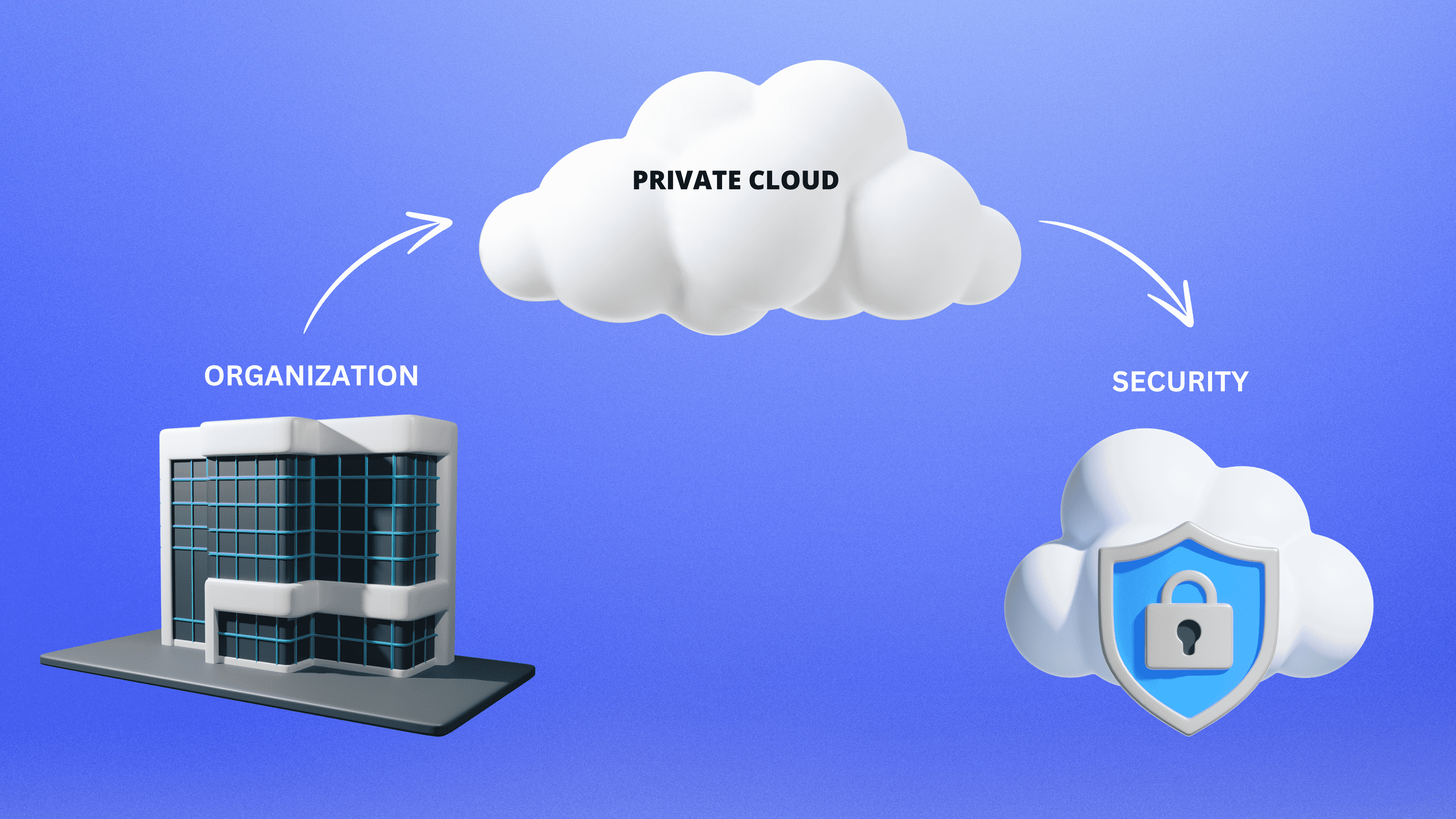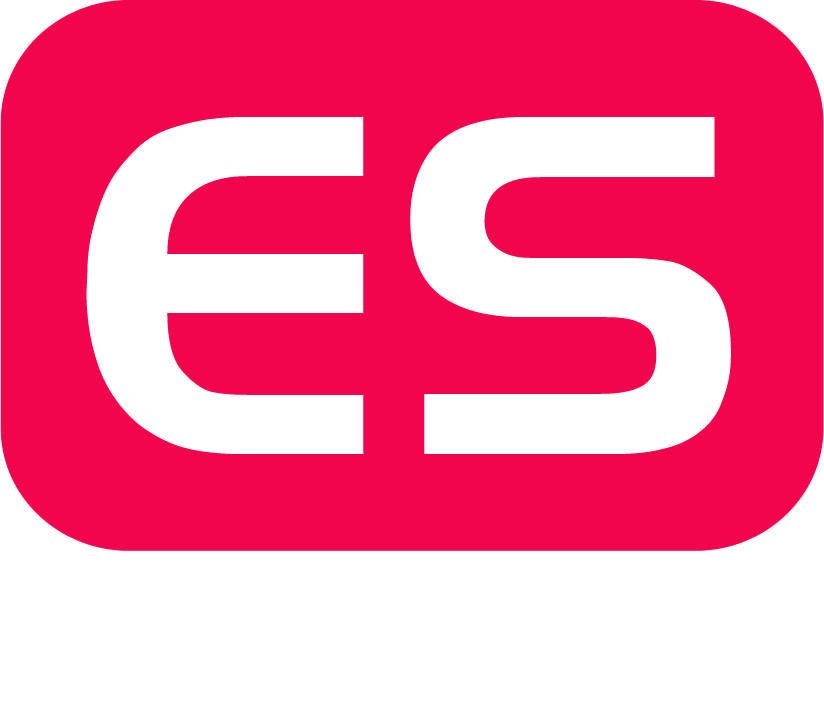In today's digital era, data has become such an asset which is considered very valuable, we look at any business, be it big or small, how to make its data more secure and easily accessible. New ways are being sought, in today's era Private cloud computing is emerging as a technology which is defining the future of data management.
What is private cloud computing?
Before moving further on this topic, it is important to understand what cloud computing is, it is a cloud based environment which is specially designed for an organization. In contrast to public cloud services, where multiple users use a shared infrastructure, private cloud offers them a dedicated infrastructure, which simply means that your data and resources are available only to your company. Not for anyone else.
Private Cloud: Security ka utmost Solution
The biggest advantage of having a private cloud is security, whereas in a public cloud there is a risk of data breach, in a private cloud your data is stored in a controlled environment, either in your premises or at a trusted third-party. Our servers can be safely placed in a data center, in both cases you get complete control over your data and network infrastructure.
Customization or flexibility: A huge Plus Point of having a Private Cloud
One of the biggest benefits is that through private cloud you get full freedom of customization, you can configure the cloud environment whatever your business requires, even if you meet any specific compliance standard. Whether you want to run customized applications or not, private cloud is what makes all this possible.
Another benefit is that you have the flexibility to increase or decrease your private cloud as per your business needs, this flexibility is not available in any public cloud, where control over resources is limited.
Cost vs. Benefits: Why is it worth investing in private cloud?
Setting up your private cloud may seem costly in the beginning, but it's worth it if you look at it in terms of long-term benefits. As you run it, you'll get a level of data security, compliance, and customization that no public cloud can handle. In addition, you also get a predictable and stable environment, in which the risk of downtime and service disruptions is very low.
Along with this, in private cloud your company gets optimized resource allocation according to its specific needs, which improves overall cost efficiency. If your business handles sensitive data information, then private cloud computing is a best investment. You can be stable for yourself.
Summary:
As our technology evolves, every business is looking for new ways to manage their data more securely and efficiently, Private cloud computing plays a very crucial role in this evolution, the future of secure data management lies in the private cloud. The companies which are investing in this technology today will be able to hold a strong position in the digital era of tomorrow. Private cloud computing is completely capable of giving your businesses a competitive advantage not only today but also in the future, so if you want to make your data completely secure and future ready, then choose private cloud computing.
FAQ
Q: What is the difference between public and private cloud?
A: In public cloud, multiple organizations use the same shared infrastructure with limited customization and data security, whereas private cloud is dedicated to a single organization.
Q: Is setting up a private cloud costly?
A: If we look at the initial stage, its costing can be a bit higher but in the long term it will prove to be very cost-effective because you get to see the best features of data security, customization and control here.
Q: Is it easy to customize a private cloud?
A: Customizing a private cloud is extremely easy; you can configure it as per the needs of your business, whether it is for specific applications or for compliance.
Q: Can a small size business use a private cloud?
A: Yes! Even small-sized businesses can benefit from using private cloud, especially when the business needs to focus on the security of its sensitive data.



